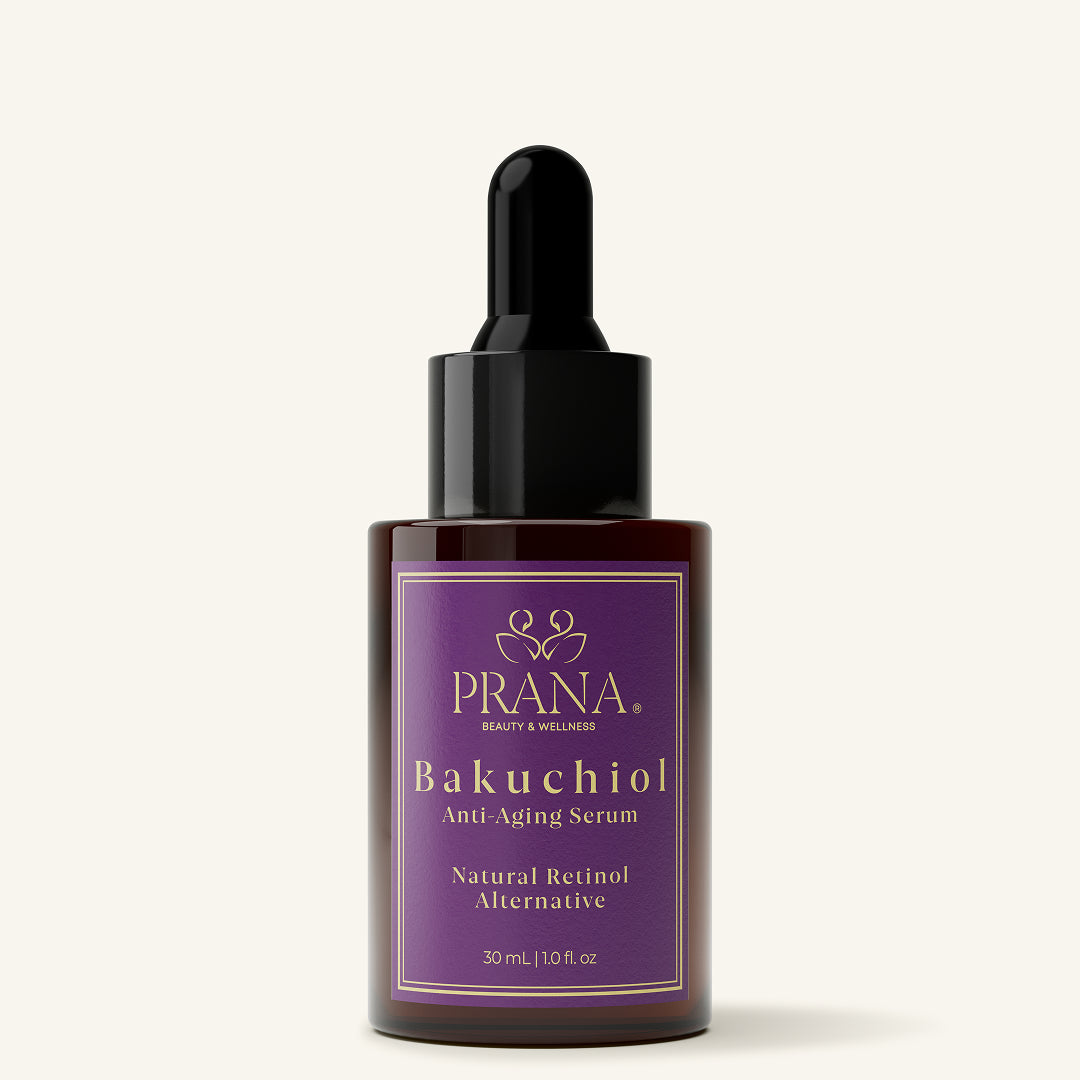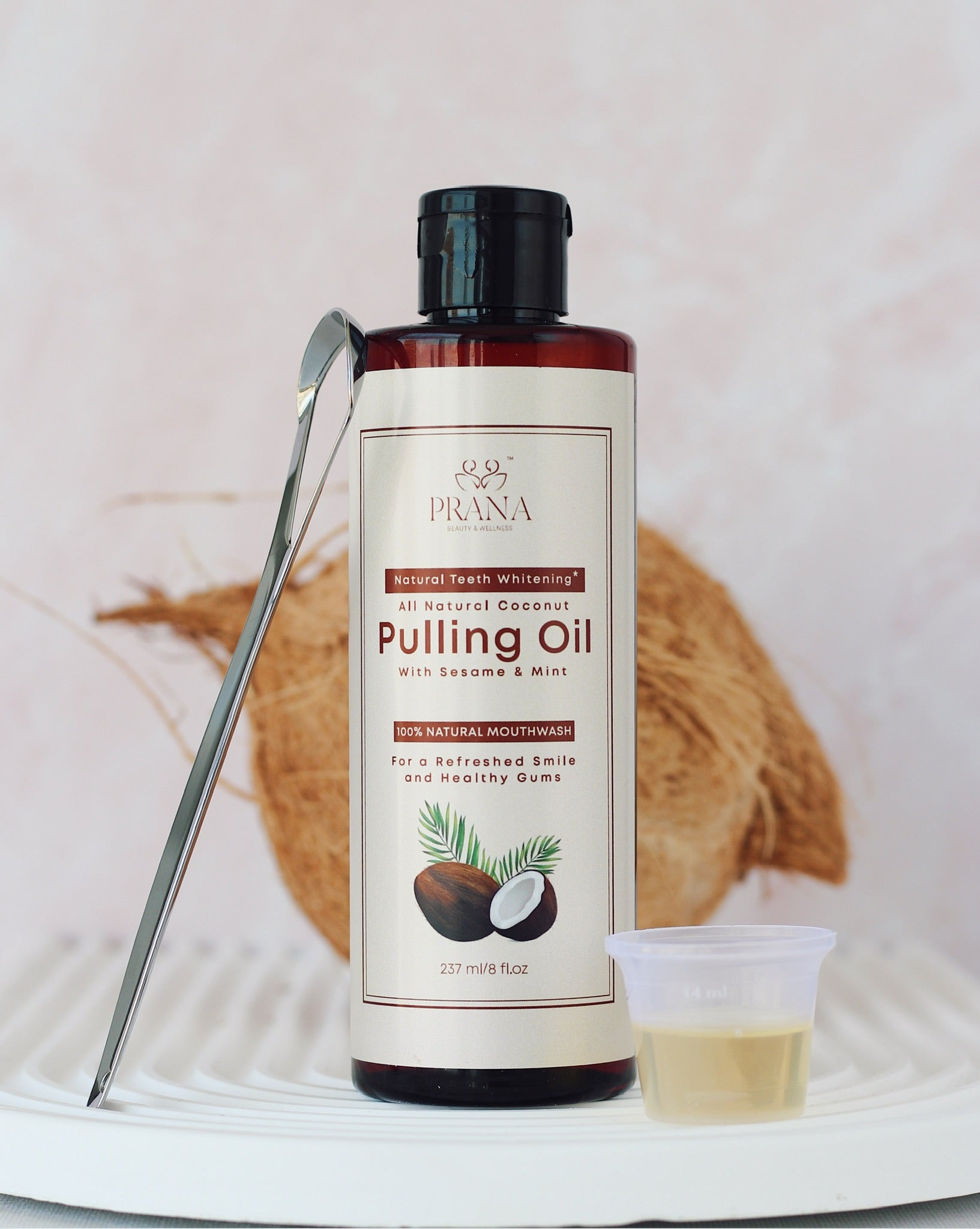Is Turmeric helpful in in liver and kidney health?

Did you know turmeric sales in the United States have surged by a notable margin over the past few years? This bright spice has become a favorite in many kitchens. Yet, questions remain: Is turmeric bad for the liver or kidneys?
We often hear about turmeric's active compound, curcumin, and its health benefits. But concerns over liver damage and kidney issues can make us doubt its safety. This is true for anyone looking for natural ways to stay healthy.
We aim to clear up the confusion and guide you on turmeric's real impact. Our goal is to share practical tips. This way, you can make informed choices for your wellness journey.
Key Takeaways
-
Turmeric is popular for its bright color and healing effects.
-
Curcumin is the main active compound linked to health benefits.
-
Individuals prone to kidney stones should watch their turmeric intake.
-
Safe, moderate consumption supports overall wellness.
Understanding Turmeric and Its Nutritional Properties
We aim to shed light on the golden spice known for its vibrant color and complex flavor. Turmeric carries strong nutrients that go beyond taste.
Turmeric is rich in essential vitamins, minerals, and antioxidants. It has been studied for its possible benefits. Some research focuses on its effects on the liver and kidneys.
We share knowledge on what makes this spice special. It might support a balanced lifestyle.
Active Ingredients in Turmeric
Curcuminoids are the key compounds in turmeric. They include curcumin, demethoxycurcumin, and bisdemethoxycurcumin. These powerful components can protect cells from free radicals.
Many health enthusiasts appreciate their everyday wellness benefits.
Health Benefits of Curcumin
Curcumin is known for its antioxidant qualities. Research has explored its role in supporting healthy inflammatory responses. This could bolster vital organs.
Individuals interested in turmeric effects on liver and kidneys may find promise in ongoing studies. Bioavailability is a factor that affects how the body absorbs these benefits.
The Liver: Functions and Common Issues
We often talk about this vital organ in wellness discussions. It filters toxins, balances nutrients, and supports hormones. Turmeric health benefits sometimes include helping the liver function better.
A strong liver is key to longevity and well-being. Experts say focusing on the liver is a big step toward a healthier life.
Role of the Liver in Detoxification
The liver is seen as a metabolic powerhouse. It processes medications and chemicals, turning them into waste the body can get rid of. This keeps the blood clean and boosts the immune system.
Common Liver Conditions
Good liver care can prevent many issues, like:
-
Fatty liver disease
-
Hepatitis
-
Cirrhosis
These problems can affect digestion, energy, and overall health. Eating right, being mindful of what we eat, and looking into turmeric health benefits can help keep the liver strong.
The Kidneys: Their Importance and Functions
The kidneys are key organs that keep our body's fluids balanced and remove waste. They also help control blood pressure and keep electrolyte levels stable. This makes them vital for our health. We look at these organs to show how taking care of them can prevent health problems.
This is important when we talk about new diets or the effects of turmeric.
How Kidneys Filter Blood
The kidneys start filtering blood in tiny parts called nephrons. These nephrons remove toxins and excess water, returning good stuff to our blood. This process keeps nutrients in and gets rid of what we don't need.
Benefits of Turmeric Beyond Culinary Use
Turmeric is more than just a spice. It's a key player in boosting overall health, including liver function. Many people rely on it for its long-standing health benefits.
Anti-Inflammatory Properties
Turmeric's calming effects can help with ongoing pain. Research shows that curcumin, a turmeric compound, can reduce minor aches. It aids in the body's recovery from everyday stress.
Antioxidant Effects
Antioxidants in turmeric protect cells from damage. They help keep organs healthy, including the liver. This attracts those looking for a natural way to enhance their well-being.
Research on Turmeric and Liver Health
We look into studies that show turmeric's positive effects on the liver. Many reviews suggest its active compounds help keep cells healthy. This leads to more talks about natural ways to improve our health.
Studies Indicating Liver Safety
Studies on turmeric show balanced enzyme levels in many subjects. Researchers believe its antioxidants help keep the body's functions normal. This also sparks interest in how turmeric might benefit the kidneys for overall health.
-
Steady enzyme activity in clinical evaluations
-
Potential for boosting antioxidant defenses
-
Encouraging data from diverse participant groups
Potential Risks Identified
High doses of turmeric raise concerns about tolerance, mainly for those with health issues. Some studies warn against too much regular use, as reactions can differ. We suggest using turmeric wisely and getting advice from doctors for the best results.
Turmeric and Kidney Health: What the Studies Say
There's growing interest in spices that might help our kidneys. Turmeric is one such spice, sparking questions about its benefits and safety. Our team looks into how turmeric supports kidney health while ensuring it's safe to use.
Research Findings on Kidney Function
Research shows that curcumin, turmeric's key ingredient, has antioxidant effects. This could help reduce stress in the kidneys. Experts suggest that moderate use might offer extra health benefits.
Risks of Excessive Consumption
Too much turmeric can lead to more oxalate in urine, raising the risk of kidney stones. We advise using turmeric in moderation and being aware of its safety. Everyone's body reacts differently. Always talk to a healthcare professional before changing your diet.
Recommended Dosage of Turmeric
Many ask about the right amount of turmeric for daily health. Small amounts in food are good for a balanced diet. But, supplements can have higher doses based on personal needs.
Safe Amounts for Daily Use
Experts say 400 to 600 milligrams of curcumin is safe. Some might take more based on doctor's advice, depending on health issues. It's best to start slow and watch how your body reacts.
Factors Influencing Dosage
Things like body weight, how sensitive you are, and health conditions matter. Start with a small dose and see how you feel. Always check the label and talk to a doctor about supplements.
Who Should Avoid Turmeric?
Turmeric can help many people with their health goals. But, some groups should think twice before using turmeric supplements. People with organ issues or on certain medicines should get advice first.
This advice helps avoid bad side effects and promotes safe health care.
Existing Liver or Kidney Conditions
Those with liver or kidney problems might react differently to turmeric. Getting a doctor's advice is key. It makes sure turmeric supplements are safe for them.
Interaction with Medications
People taking blood-thinning drugs, like Warfarin, need to be careful. Turmeric can make bleeding risks higher. It's best to talk to a doctor about these risks to stay safe.
Combining Turmeric with Other Supplements
Many people are looking to get more out of turmeric. They mix it with vitamins or plant extracts to boost curcumin's effects. But, it's important to choose carefully, as some combinations might increase turmeric's risks for some.
Every wellness plan needs balance. Adding turmeric to complex blends requires careful thought. It's key to know your body's limits to avoid any harm and get the most benefits.
Synergistic Effects
Some mixes seem to work well together. Black pepper, for example, helps the body use curcumin better. Citrus fruits or vitamin C add extra antioxidants. These combinations can greatly improve your health.
-
Black pepper for enhanced absorption
-
High-quality vitamins for balanced nourishment
-
Natural herbs that promote relaxation or immune support
Potential Risks of Combinations
Some blends might make turmeric's side effects worse. Too much of strong extracts can be harmful. Always talk to a professional before mixing supplements with turmeric. This ensures your plan is safe and effective for you.
Conclusion: Is Turmeric Beneficial or Harmful?
Turmeric is full of benefits for those looking for natural health solutions. It has curcumin, which can help reduce inflammation and act as an antioxidant. Studies show it can also support liver health when used carefully.
It can be a good addition to a healthy diet, helping the kidneys too. But, it's important to use it responsibly.
Summary of Health Effects
Research shows that turmeric can help with joint pain and protect against oxidative damage. It may also help with normal inflammation in the body. But, high doses can cause stomach problems and rare issues with organs.
Final Recommendations on Use
Remember, moderation is key. Most adults can enjoy turmeric in their meals or as a supplement. It's a good idea to keep an eye on how much you're taking and talk to a doctor if you have liver or kidney problems.
Small changes in your daily routine can boost your energy and well-being for a long time.
FAQ
Is turmeric bad for the liver or kidneys?
Turmeric can be good for the liver and kidneys because of its antioxidants and anti-inflammatory effects.
What are the possible turmeric side effects?
Most people don't have problems with turmeric. But, some might get upset stomach or diarrhea from too much curcumin. If you have liver or kidney issues, or take blood thinners, be careful.
How does turmeric usage impact liver function?
Studies show turmeric might help the liver. Its curcuminoids can keep liver enzymes normal and protect liver cells.
Is turmeric safe in terms of kidney health?
Turmeric might help the kidneys because of its anti-inflammatory and antioxidant effects.
Does turmeric interact with other medications or supplements?
Turmeric might not mix well with blood thinners like Warfarin. Also, adding black pepper to turmeric can increase its effects. Always tell your doctor about any supplements you're taking.
What dosage of turmeric is usually recommended for most adults?
There's no one dosage for turmeric. It depends on your health, other supplements, and how you take turmeric. Always ask a doctor for advice on the right amount for you.















